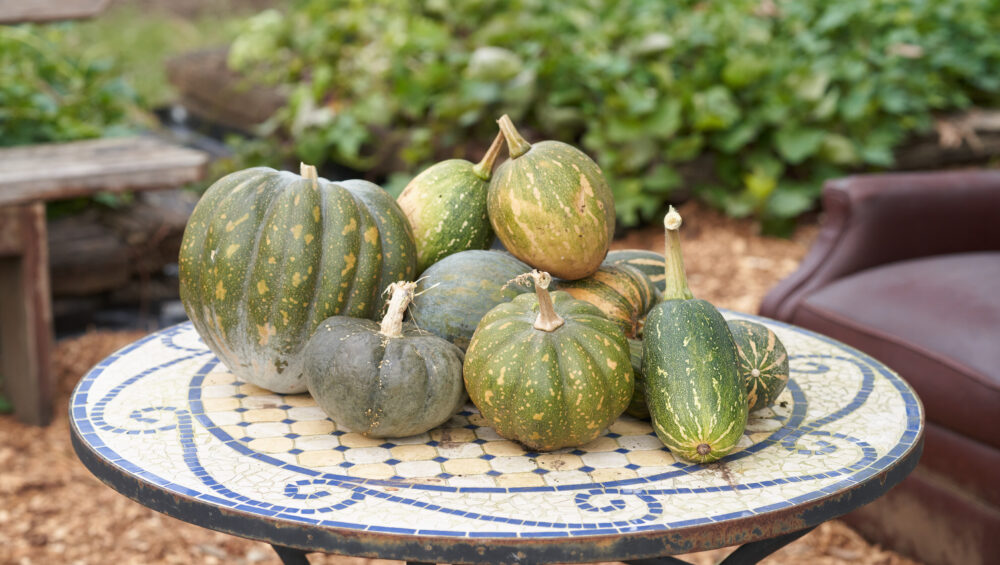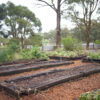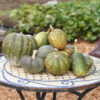When it comes to creating a vegetable garden, choosing the right materials for your garden beds is crucial. While some people may consider using treated wood for their garden beds, this is not a good idea. Treated wood has been treated with chemicals that are harmful to plants, soil, and humans. In this blog, we will discuss why using treated wood for a vegetable garden is not a good idea.
Chemicals in Treated Wood
Treated wood is often used for outdoor projects because it is resistant to rot and insects. However, the process of treating wood involves using chemicals that can be harmful to both plants and people. The chemicals used to treat wood include arsenic, copper, and chromium. These chemicals can leach into the soil and can be absorbed by plants, making them unsafe for consumption.
Risk of Chemical Exposure
One of the main reasons why using treated wood in a vegetable garden is not a good idea is the risk of chemical exposure. The chemicals used to treat the wood can leach into the soil and can be absorbed by plants. This can be dangerous for human health as well, especially if the vegetables grown in the garden are consumed. Children are particularly vulnerable to exposure to these chemicals, as they may be more likely to touch the soil or put things in their mouths.
Soil Contamination
In addition to the risks to human health, using treated wood in a vegetable garden can also lead to soil contamination. The chemicals used in treated wood can stay in the soil for a long time and can affect the growth of plants. This can lead to reduced yields and poor quality vegetables. Additionally, contaminated soil can also affect other plants and organisms in the area.
Alternatives to Treated Wood
If you want to create a vegetable garden, there are many alternatives to treated wood that are safe and environmentally friendly. One option is to use untreated gum or hardwood, which is naturally resistant to rot and insects. These types of wood are also long-lasting and can be a great choice for garden beds.
Another option is to use other materials, such as stone or brick, to create raised beds for your vegetable garden. These materials are durable and long-lasting, and they do not contain harmful chemicals that can affect plant growth or human health.
Conclusion
In conclusion, using treated wood in a vegetable garden is not a good idea. The chemicals used to treat the wood can be harmful to both plants and people and can lead to soil contamination. Instead, consider using alternatives like untreated mixed species of gum or other materials like stone or brick to create a safe and healthy garden bed. By making the right choices when it comes to materials for your vegetable garden, you can ensure that you are creating a healthy and safe environment for your plants and your family.




